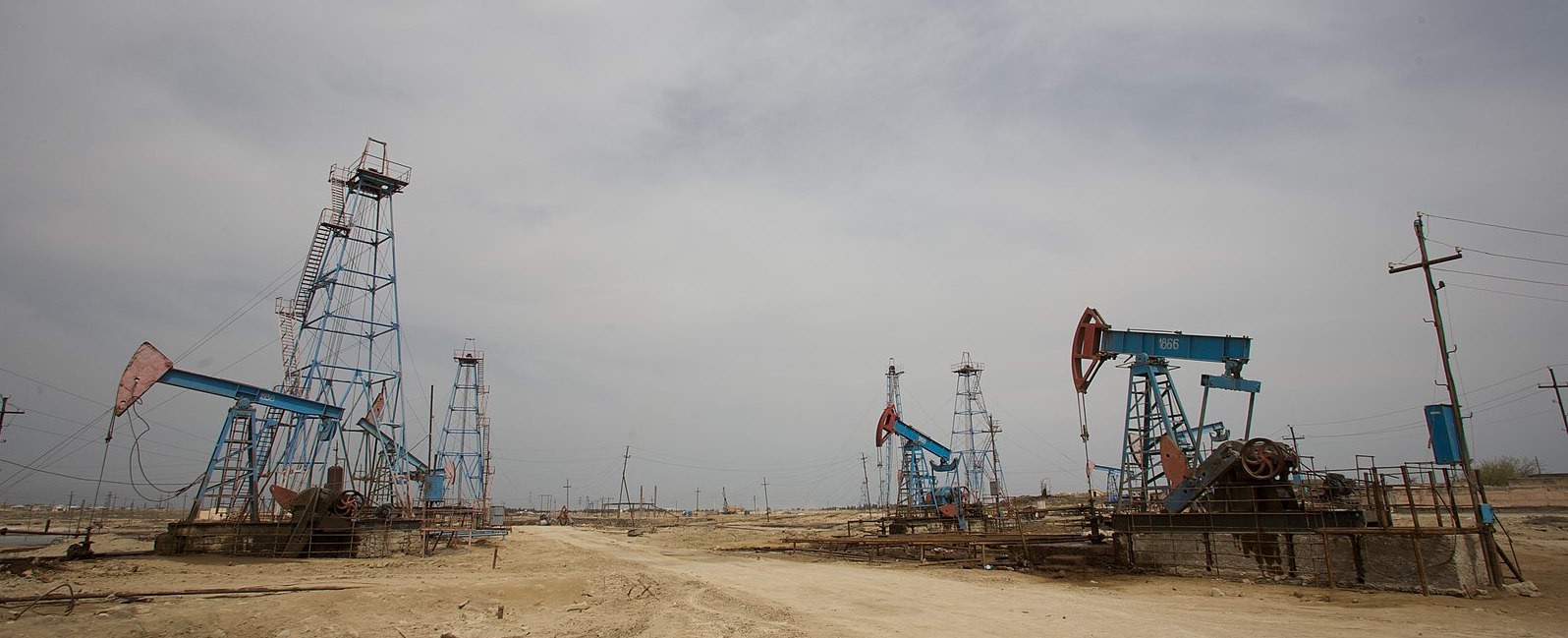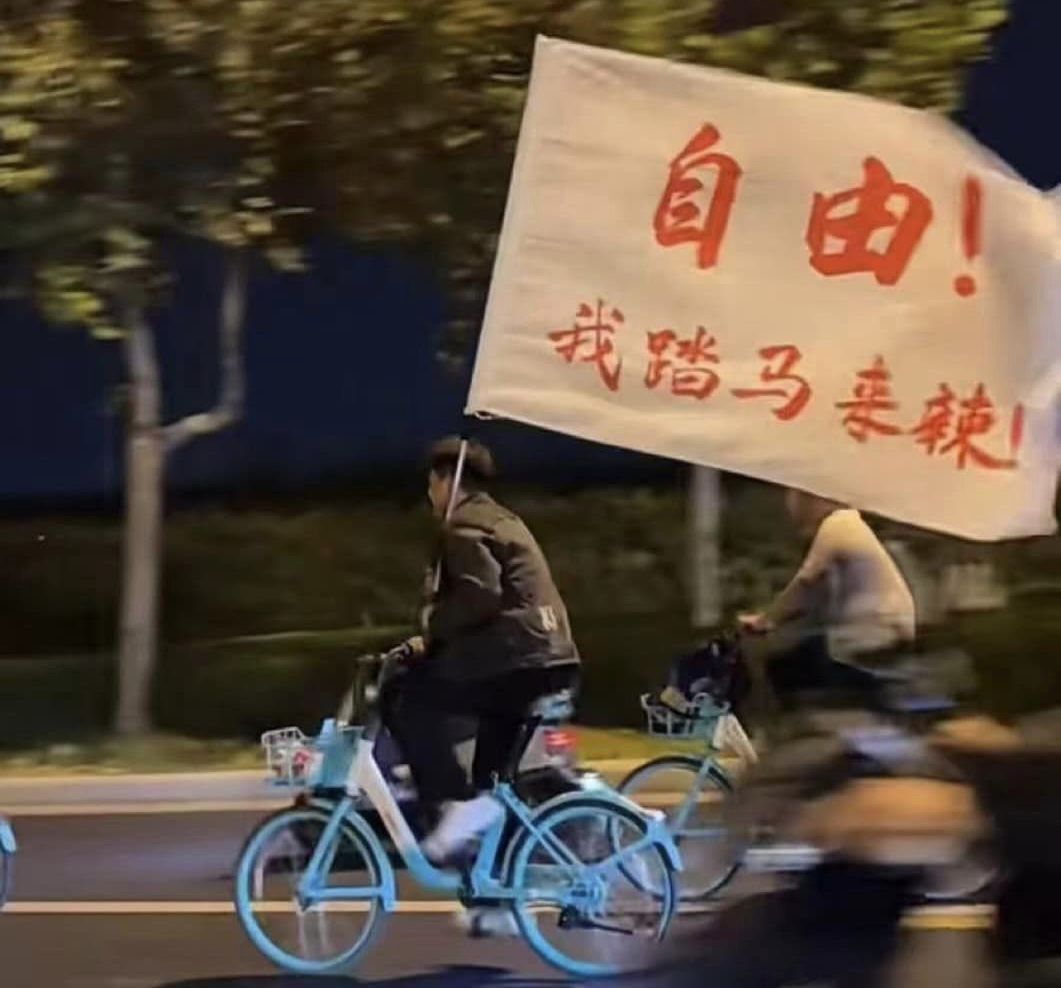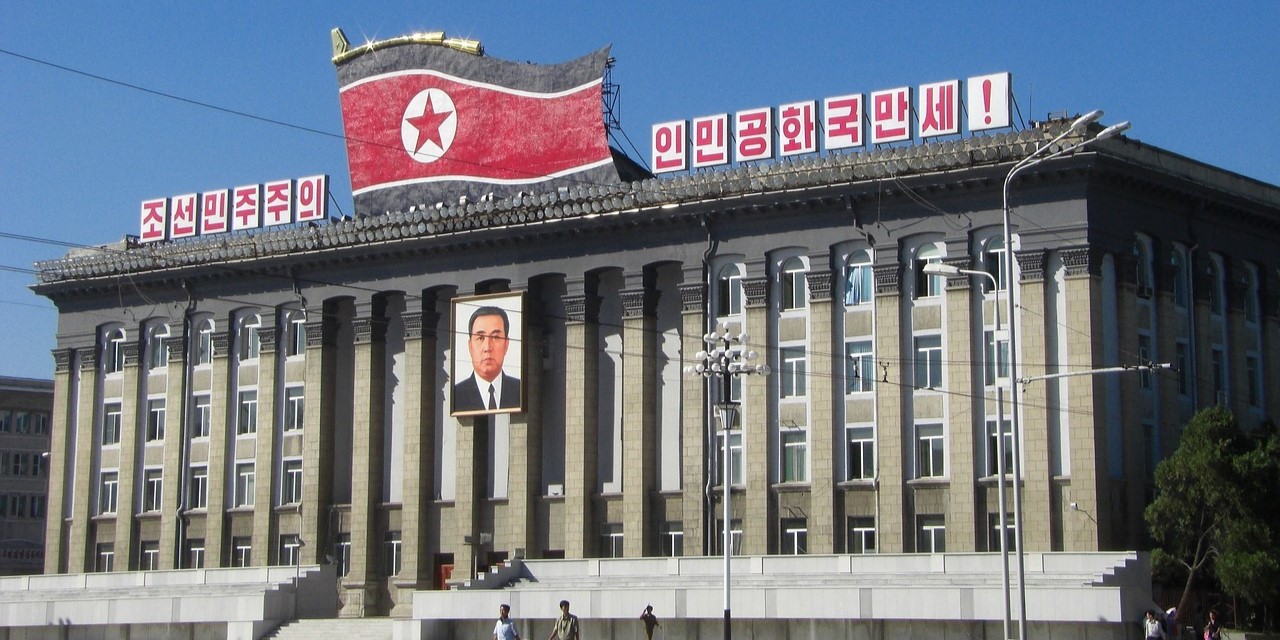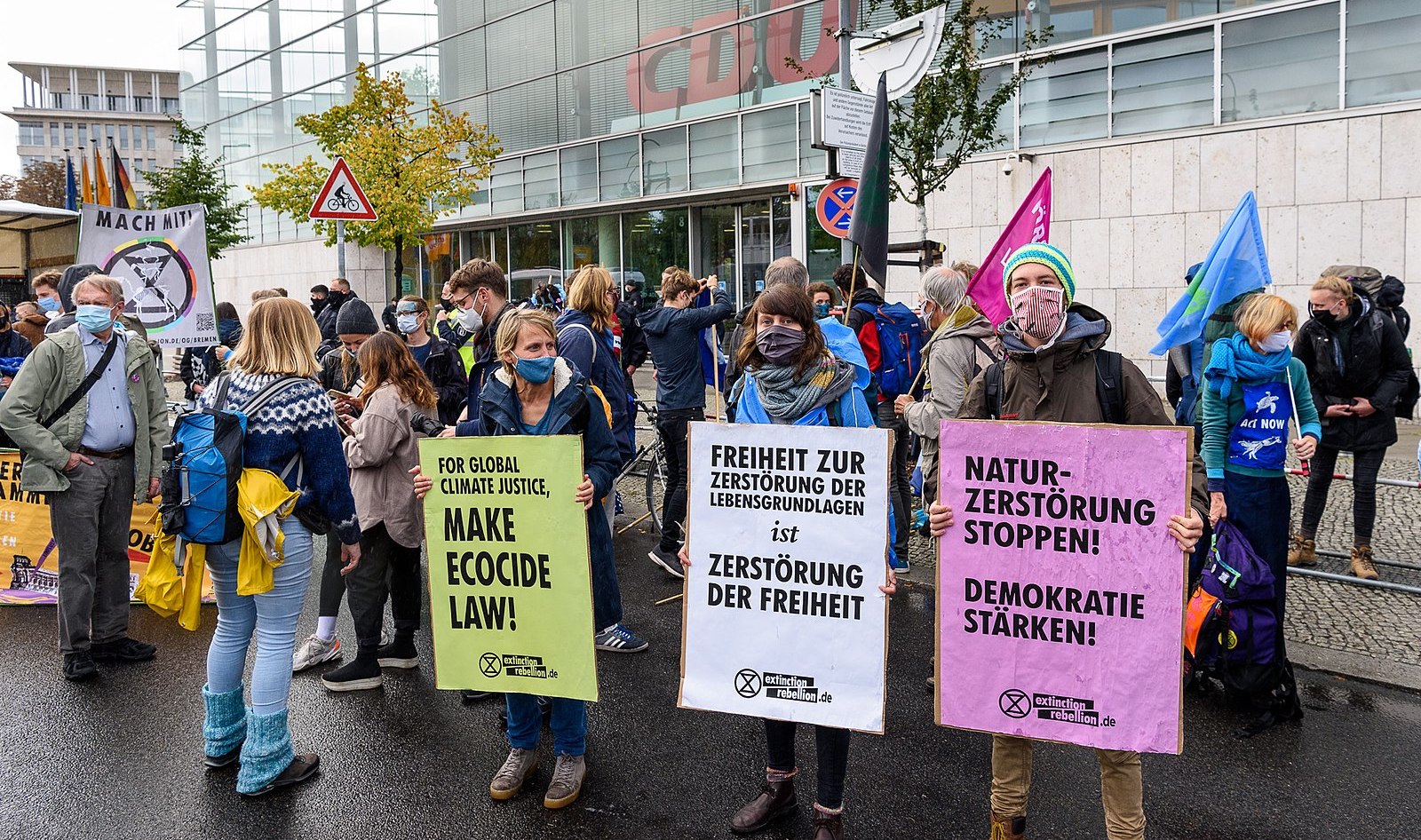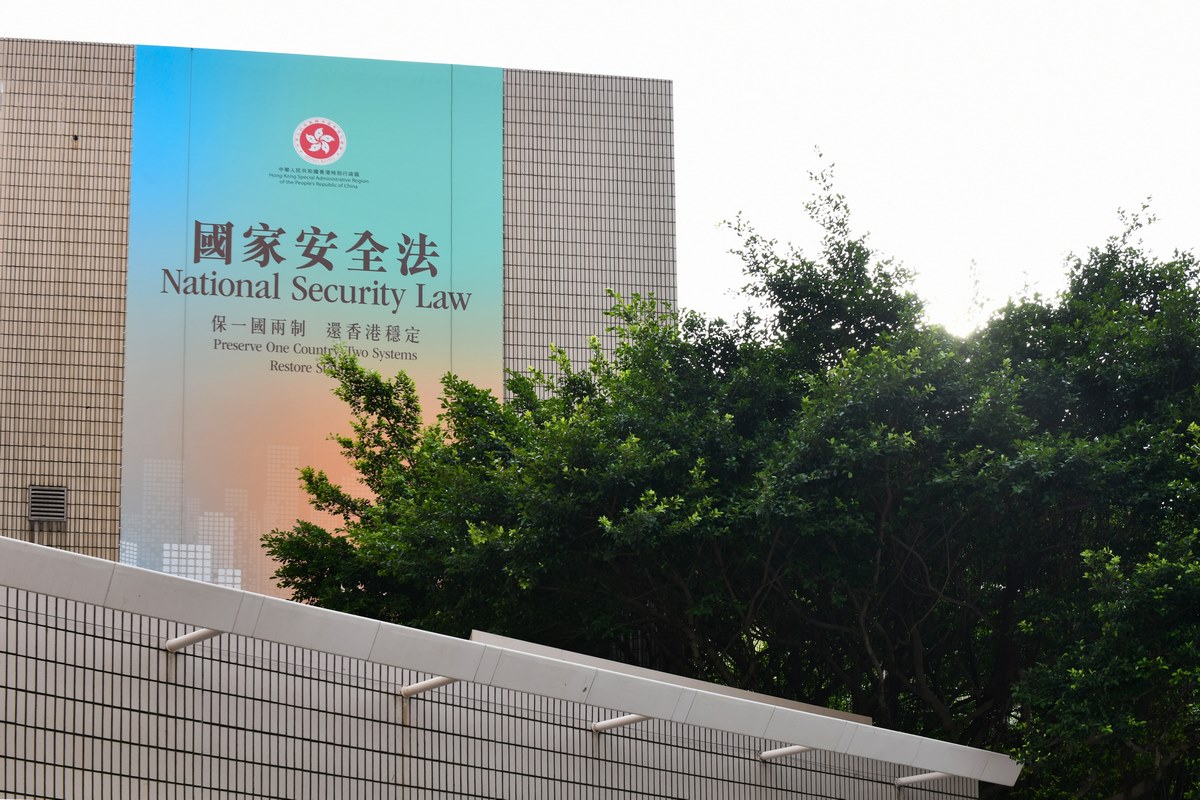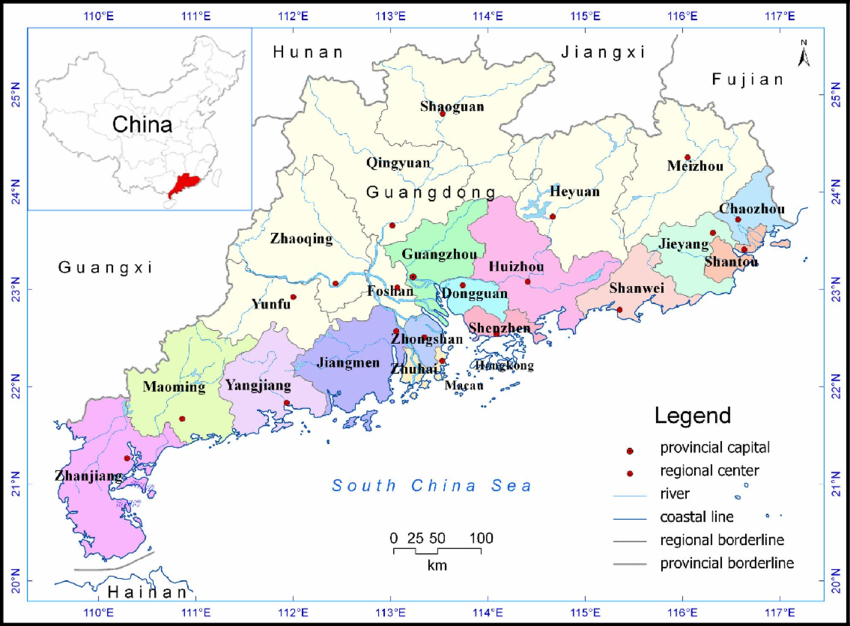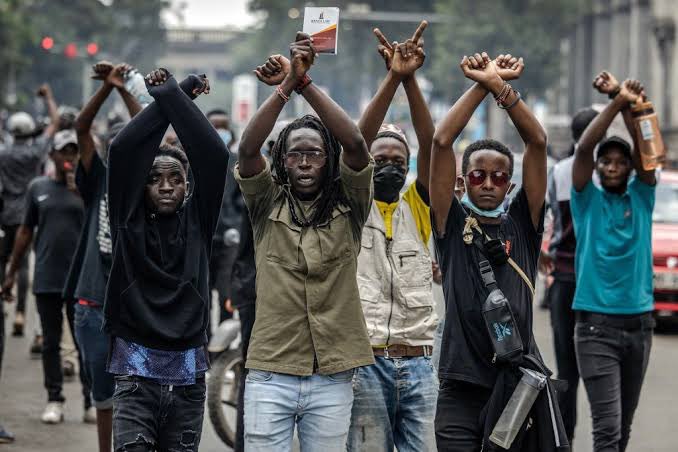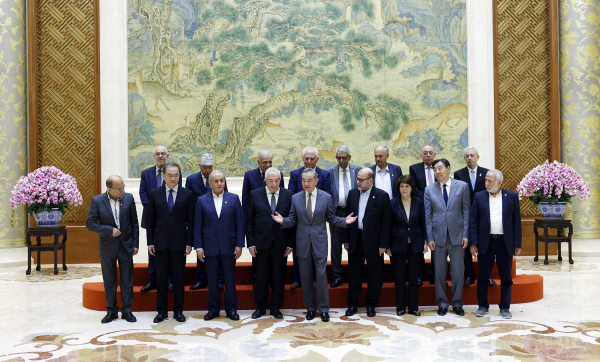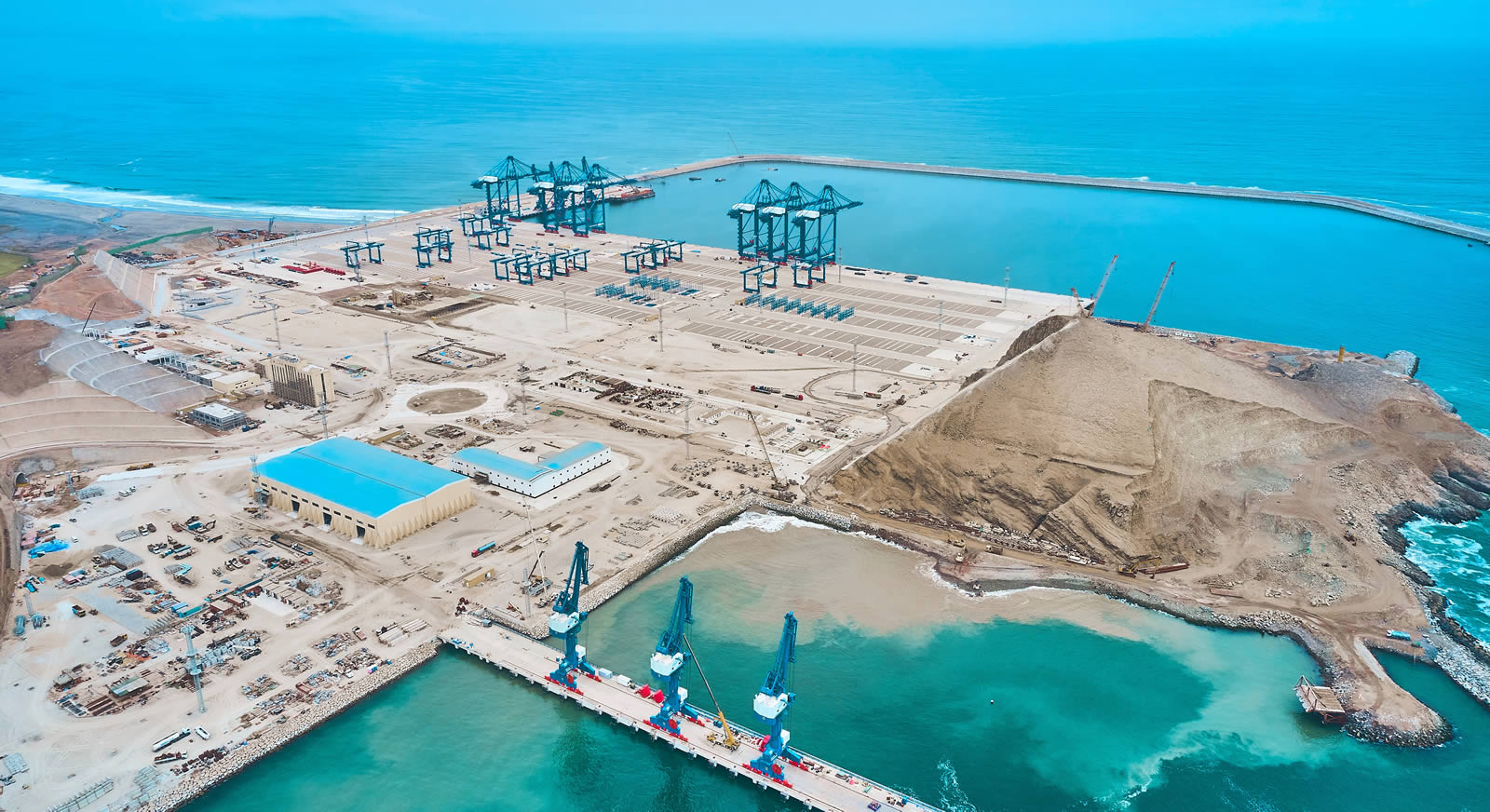
Peru: local dissent to China’s ‘megaport’ scheme
China and Peru are set to sign an updated free-trade agreement at the Asia-Pacific Economic Cooperation (APEC) summit, which opens this week in Lima. President Xi Jinping also inaugurated a Chinese-financed “megaport” in Chancay, a fishing town some 60 kilometers up the coast from Lima. The $1.3 billion project is to be overseen and majority-owned by the Chinese shipping giant COSCO, with an overland link to Brazil foreseen, providing an exit port for resources from throughout the continent. But the official boosterism is being met with a skeptical response by impoverished local villagers, who say the project is cutting them off from fishing waters and bringing them no economic benefit. Dredging for the port has already destroyed fish breeding grounds, locals say. (Photo: CADAL)



